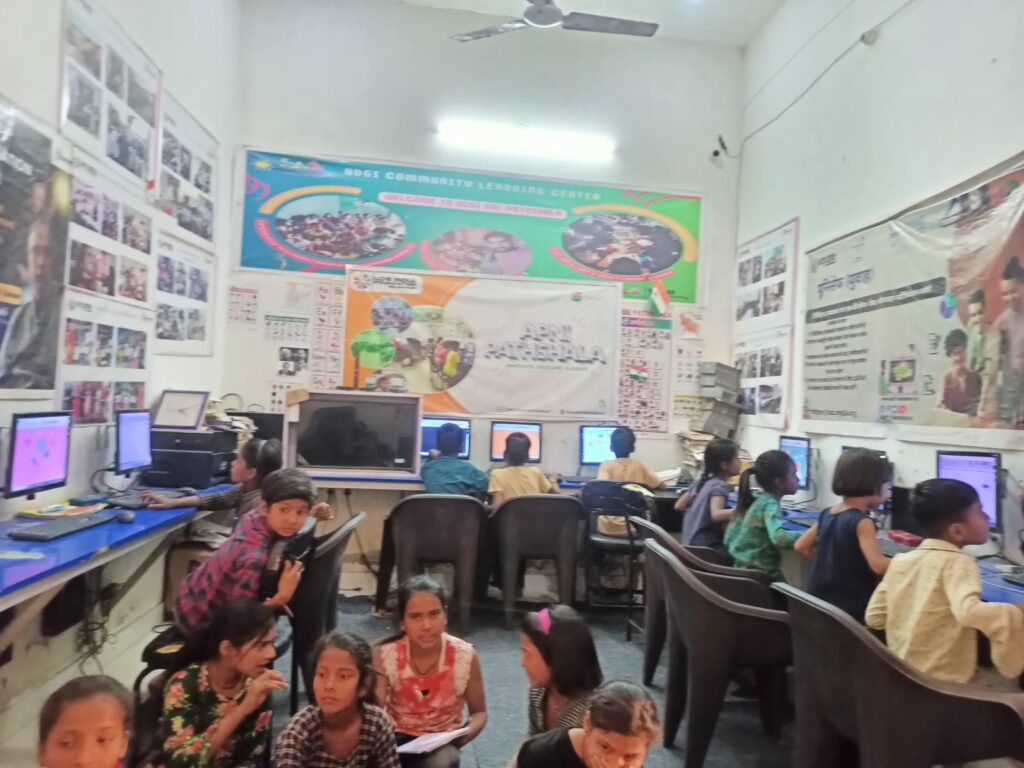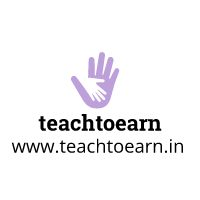India’s education system is at a crossroads. Parents are spending more than ever on private schools, tuition classes, and coaching centers, yet students often end up stressed, unmotivated, and ill-prepared for the real world. With classrooms overcrowded, exams dictating learning, and creativity taking a back seat, families are asking: Is there a better way?
The answer may lie in Learning Pods—small, community-driven groups where children learn at their own pace, supported by technology and guided by mentors. In this dialogue between an educationist and a concerned parent, we explore why learning pods, powered by tools like the APNA PC, could be the future of education in India.

Parent: Sir, I’m really worried about my son. We pay so much for his private school and even extra tuitions, but he’s still stressed all the time. He memorizes for exams, but if I ask him a practical question, he goes blank. I sometimes wonder—are we wasting money?
Educationist: You’re not alone. Many parents feel this way. The truth is, our current education system was designed for the 20th century, not the 21st. Schools are crowded, teachers are overworked, and the focus is on marks rather than mastery.
Parent: But what choice do we have? Every parent wants their child to go to a good school.
Educationist: Yes, but let’s ask—what do we mean by “good”? Most schools advertise their board exam results, not how curious or creative their students are. If education is just about pushing children into a race for marks, we’re failing them.
Parent: That’s true. But what’s the alternative? Homeschooling? That feels too extreme.
Educationist: You don’t have to choose between a giant school or being alone at home. There’s a middle path—Learning Pods.
Parent: Learning Pods? What’s that?
Educationist: A learning pod is a small group of children—say 5 to 15—who come together in a safe space, guided by a mentor. They use technology like the APNA PC to access the best teachers and resources online, while also learning collaboratively from each other. Think of it as a mini-school, but flexible, personalized, and community-driven.
Parent: Interesting. But how is that better than a school?
Educationist: Several ways:
- Personalized learning: In a pod, every child learns at their own pace. No one is left behind, and no one is held back.
- Mixed-age learning: Younger children learn from older ones, and older children reinforce knowledge by teaching.
- Mentorship over teaching: The adult is not a strict teacher but a facilitator. Children drive their own learning.
- Affordable: Pods cost far less than elite private schools because the infrastructure is simple, and technology does the heavy lifting.
- Future-ready: Pods encourage skills like problem-solving, coding, communication, and creativity, which schools often neglect.
Parent: This sounds very progressive. But will my child miss out on exams and certificates?
Educationist: Not at all. Children in pods can still appear for state boards or NIOS (National Institute of Open Schooling). The difference is that they don’t just prepare for exams—they actually understand and enjoy learning. Exams become one milestone, not the only purpose.
Parent: But will colleges accept this?
Educationist: Absolutely. NIOS certificates are valid everywhere. In fact, many colleges abroad already prefer portfolios of projects over just exam scores. India is moving in that direction too. Imagine your child applying to university with not just marks but a coding project, a community initiative, and a digital portfolio built on their PC. That stands out.
Parent: Hmm. But I worry—won’t pods make my child socially isolated? Schools at least provide friends.
Educationist: That’s another misconception. Pods encourage strong social bonds because groups are small and mixed-age. Children aren’t lost in a sea of 50 classmates. They form deeper, more meaningful friendships. And pods often collaborate with other pods, creating a networked community.
Parent: I see. But who runs these pods? Teachers?
Educationist: Not necessarily. Pods can be run by parents, retired teachers, homemakers, or even young graduates. The mentor doesn’t need to know everything—because the APNA PC provides access to the world’s best teachers online. The mentor’s role is to guide, encourage, and ensure children are safe and focused.
Parent: That makes it sound doable. But how do we start?
Educationist: Simple. You can begin in your own living room or community hall. All you need are a few APNA PCs, an internet connection, and children who are ready to explore. Teach to Earn supports parents in setting up pods. It’s not about big buildings or expensive fees—it’s about creating safe, stimulating learning spaces.
Parent: Honestly, this feels like the future. But will other parents accept it? Most people still chase branded schools.
Educationist: Every change begins with a few pioneers. Ten years ago, no one believed in online learning. Today, everyone uses it. Learning pods are the next wave. Parents who adopt them early will give their children a head start in becoming independent, motivated learners.
Parent: You’ve convinced me. I don’t want my son to be just another exam machine. I want him to be curious, confident, and creative.
Educationist: And that’s exactly what pods can nurture. The future of education is not about bigger schools—it’s about smaller, smarter communities powered by technology.
India’s children don’t need more exams, more stress, or more expensive schools. They need environments that respect their individuality, spark their curiosity, and prepare them for the future. Learning pods, powered by APNA PCs, are the answer.
👉 Don’t wait for the system to change. Take the first step.
Start your own Learning Pod today with Teach to Earn and give your child the future they deserve.
